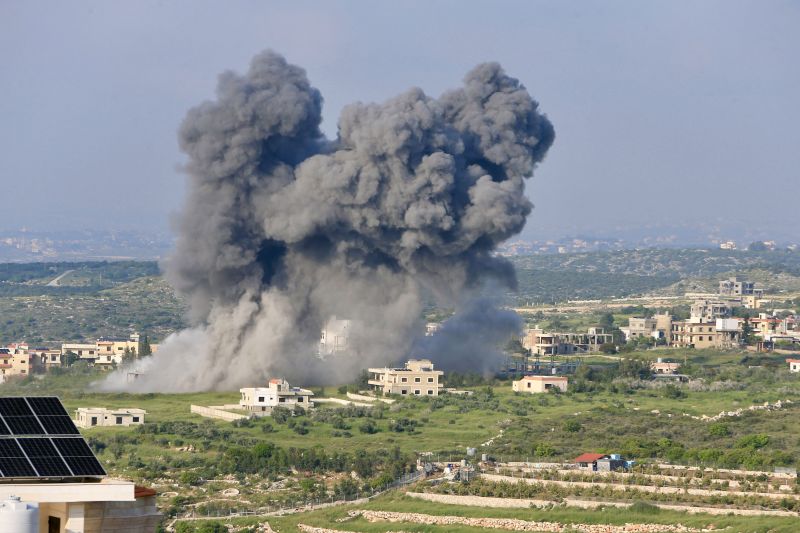The conflict between Israel and Hezbollah has been a dynamic and volatile issue in the Middle East for many years. With the potential to escalate into a full-scale war, the ongoing tensions between these two adversaries have raised concerns not only in the region but also on a global scale. In this article, we will explore the historical background, key players, recent developments, and potential consequences of the Israel-Hezbollah conflict.
***Historical Background:***
The roots of the conflict between Israel and Hezbollah can be traced back to the Israeli occupation of southern Lebanon in the early 1980s. Hezbollah, a Lebanese Shia Islamist political party and militant group, emerged as a resistance movement against the Israeli presence in Lebanon. Over the years, Hezbollah has grown both in terms of military capabilities and political influence, becoming a significant player in Lebanese politics.
***Key Players:***
Israel, a staunch ally of the United States, views Hezbollah as a terrorist organization and a threat to its security. Israel has launched several military operations against Hezbollah in Lebanon, most notably the 2006 Lebanon War. On the other hand, Hezbollah, supported by Iran, has been able to maintain a potent military arsenal and a network of supporters, making it a formidable adversary for Israel.
***Recent Developments:***
Tensions between Israel and Hezbollah have escalated in recent years, with both sides engaging in occasional skirmishes along the Israel-Lebanon border. The assassination of a prominent Hezbollah leader, Imad Mughniyeh, in 2008, and the killing of Qasem Soleimani, a key Iranian commander, in a U.S. drone strike in 2020, have further fueled hostilities between the two sides.
***Potential Consequences:***
The potential outbreak of a full-scale war between Israel and Hezbollah could have devastating consequences for the region. Such a conflict would likely result in significant civilian casualties, widespread destruction, and could drag other regional powers, such as Iran and Saudi Arabia, into the conflict. Additionally, a new Israel-Hezbollah war could destabilize Lebanon and further exacerbate the already precarious situation in the Middle East.
In conclusion, the Israel-Hezbollah conflict remains a ticking time bomb in the Middle East, with the potential to escalate into a full-blown war with far-reaching consequences. It is imperative for the international community to work towards a peaceful resolution to prevent further bloodshed and instability in the region. Efforts to address the underlying grievances and grievances of both sides are crucial in averting a potential catastrophe in the region.

